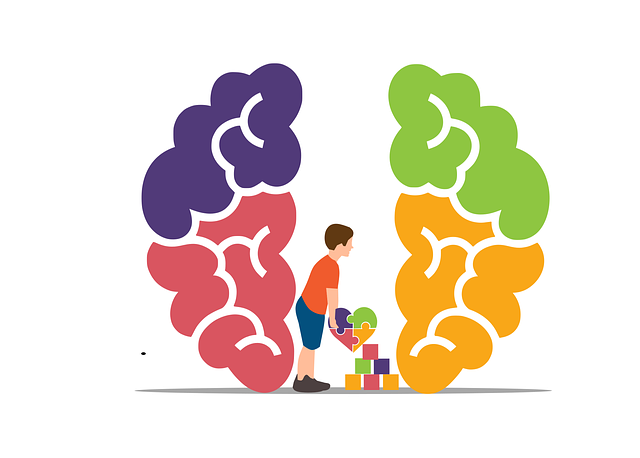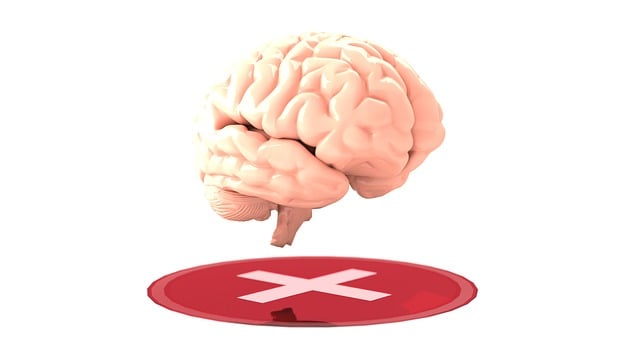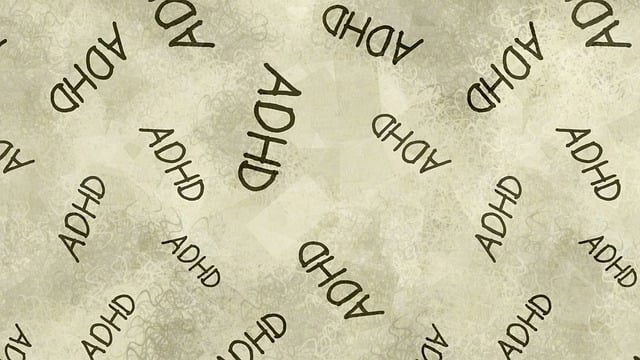Colorado Springs Conduct Disorder Therapy prioritizes crisis intervention as a key strategy, focusing on immediate support and long-term mood management. Professionals assess individual history, conduct patterns, and triggers, integrating coping skills development for positive outcomes. A balanced approach includes de-escalation techniques and cultural competency training to respect diverse needs. Ongoing care after initial interventions, featuring evidence-based practices like Social Skills Training and Mind Over Matter, builds resilience and prevents future crises.
In the realm of mental health support, crisis intervention plays a pivotal role, especially in addressing conduct disorders. This article explores crucial strategies for guiding individuals through acute crises, with a focus on Colorado Springs Conduct Disorder Therapy. We delve into understanding the foundation of crisis intervention, assessing triggers, and implementing proven techniques like de-escalation. Additionally, we examine post-crisis care to foster resilience and prevent recurrence, offering valuable insights for professionals in this field.
- Understanding Crisis Intervention: A Cornerstone of Colorado Springs Conduct Disorder Therapy
- Assessing the Crisis: Identifying Triggers and Risk Factors
- Implementing Effective Strategies: From De-escalation to Long-term Support
- Post-Crisis Care: Fostering Resilience and Preventing Recurrence
Understanding Crisis Intervention: A Cornerstone of Colorado Springs Conduct Disorder Therapy

Crisis intervention is a critical component of any therapeutic setting, especially when focusing on Colorado Springs Conduct Disorder Therapy. Understanding crisis as an opportunity for growth and change rather than a barrier is key. This approach forms the cornerstone of effective interventions in managing conduct disorders. The primary goal is to provide immediate support while also guiding individuals towards long-term strategies for mood management.
In the context of Colorado Springs, where mental illness stigma reduction efforts are ongoing, crisis intervention plays a pivotal role in destigmatizing mental health concerns. Mental health professionals here employ risk management planning as a tool to anticipate and mitigate potential crises. This proactive approach ensures that individuals struggling with conduct disorders receive timely assistance, fostering a safer and more supportive environment for recovery.
Assessing the Crisis: Identifying Triggers and Risk Factors

In the context of Colorado Springs Conduct Disorder Therapy, effectively assessing a crisis involves delving into the individual’s history and immediate triggers. By identifying conduct patterns and underlying factors, mental health professionals can tailor interventions to address specific needs. Conduct disorder is characterized by repeated and persistent violations of rights of others or societal norms, often stemming from a complex interplay of genetic predisposition, environmental influences, and stress reduction methods.
Professionals must conduct thorough risk assessments that consider both internal and external elements. Internal factors include emotional regulation difficulties, impulsivity, and aggressive behaviors, while external triggers may encompass peer pressure, family dynamics, or exposure to traumatic events. Integrating coping skills development into the assessment process empowers individuals to manage crises effectively. For instance, teaching stress reduction methods can equip those with conduct disorders to respond adaptively in high-pressure situations, thereby mitigating potential risks and fostering positive outcomes in their Colorado Springs Conduct Disorder Therapy journey.
Implementing Effective Strategies: From De-escalation to Long-term Support

Implementing effective crisis intervention strategies requires a multi-faceted approach that combines de-escalation techniques with long-term support. In Colorado Springs Conduct Disorder Therapy, for instance, mental health professionals must be adept at managing acute crises while also fostering emotional regulation and promoting positive behavioral changes. This dual focus ensures that individuals facing conduct disorders receive immediate relief from distressing situations and the necessary tools to prevent future escalations.
Healthcare providers play a pivotal role in this process, and Cultural Competency Training is essential for enhancing cultural sensitivity in mental healthcare practice. By understanding the unique needs and perspectives of diverse populations, professionals can tailor their interventions to be more effective and respectful. This approach not only improves patient outcomes but also fosters trust and engagement, making it easier to navigate complex emotional landscapes and implement long-term support strategies that address underlying issues such as emotional regulation.
Post-Crisis Care: Fostering Resilience and Preventing Recurrence

After an initial crisis intervention, providing ongoing care is vital to foster resilience and prevent future occurrences. This stage involves supporting individuals in integrating their experiences, processing emotions, and developing coping strategies. At our Colorado Springs Conduct Disorder Therapy center, we emphasize personalized support tailored to each client’s unique needs.
Our approach includes evidence-based practices such as Social Skills Training, where clients learn and practice positive interaction techniques. We also incorporate Mind Over Matter principles to help individuals manage stress, cultivate a growth mindset, and develop emotional regulation skills. Through these comprehensive strategies, we empower clients to build resilience, enhance their coping abilities, and reduce the likelihood of future crises.
Colorado Springs Conduct Disorder Therapy emphasizes a comprehensive approach to crisis intervention, addressing acute situations while also providing long-term support. By understanding triggers, identifying risk factors, and implementing evidence-based strategies such as de-escalation techniques, this guidance equips professionals with the tools to effectively manage crises. Additionally, post-crisis care focuses on fostering resilience and preventing recurrence, ensuring individuals receive holistic assistance throughout their recovery journey. This integrated framework is pivotal in successfully navigating challenges associated with conduct disorder, ultimately enhancing well-being and promoting positive change.














